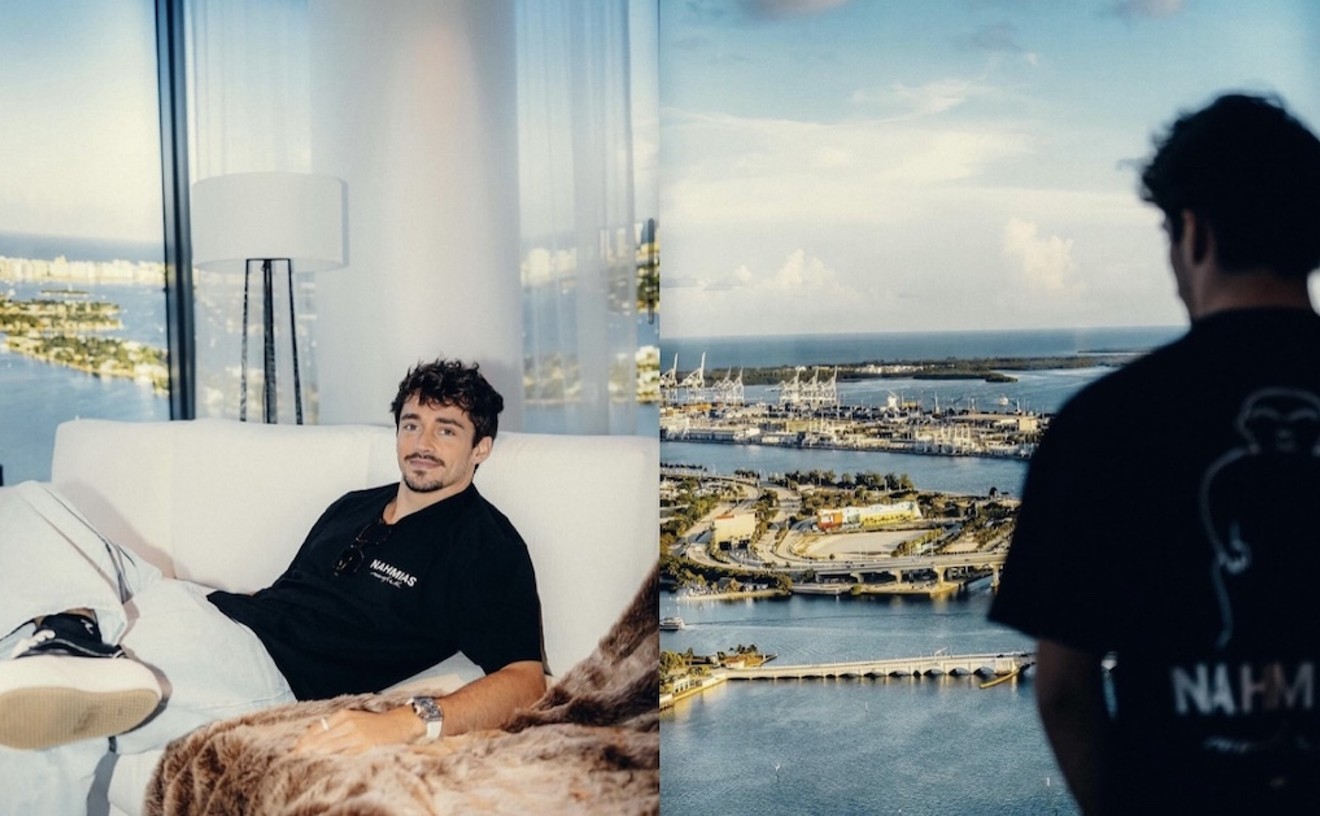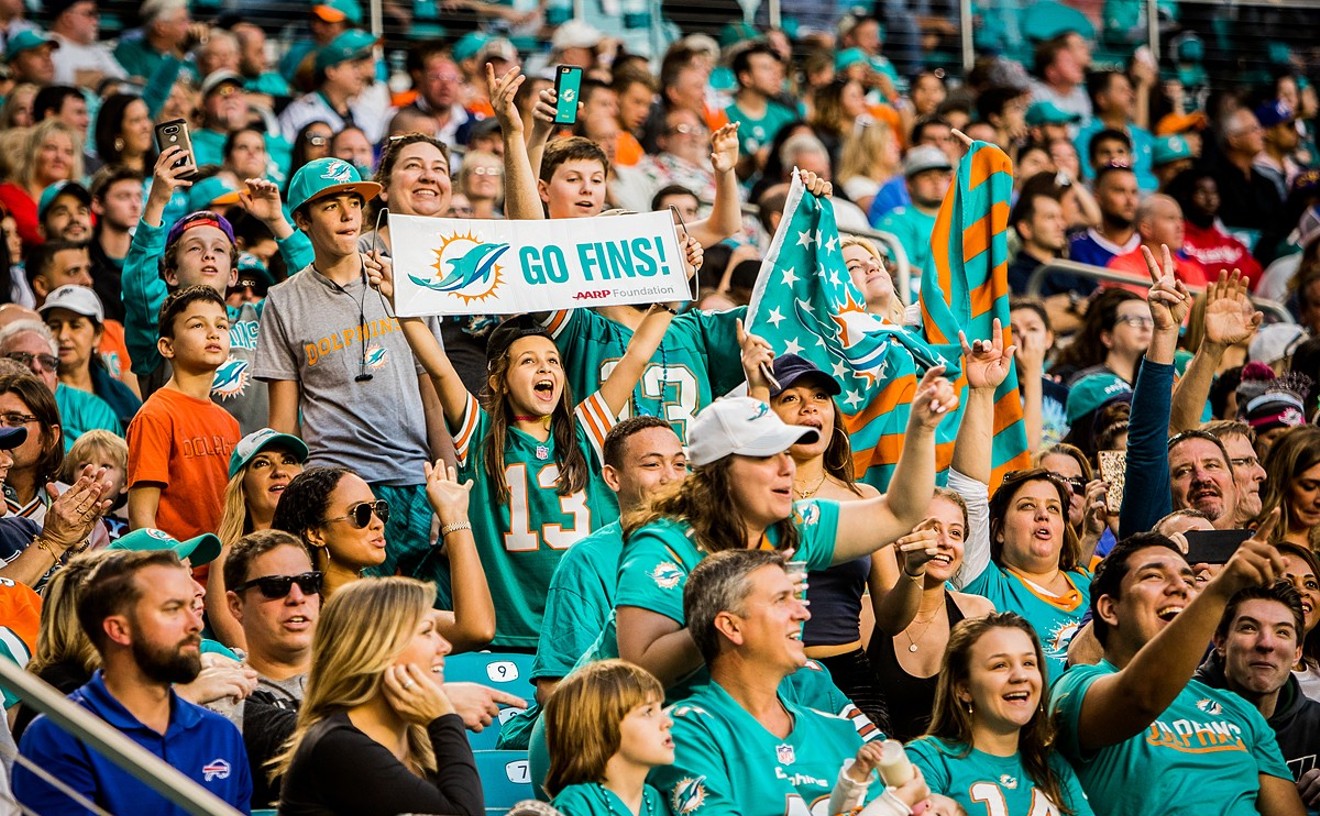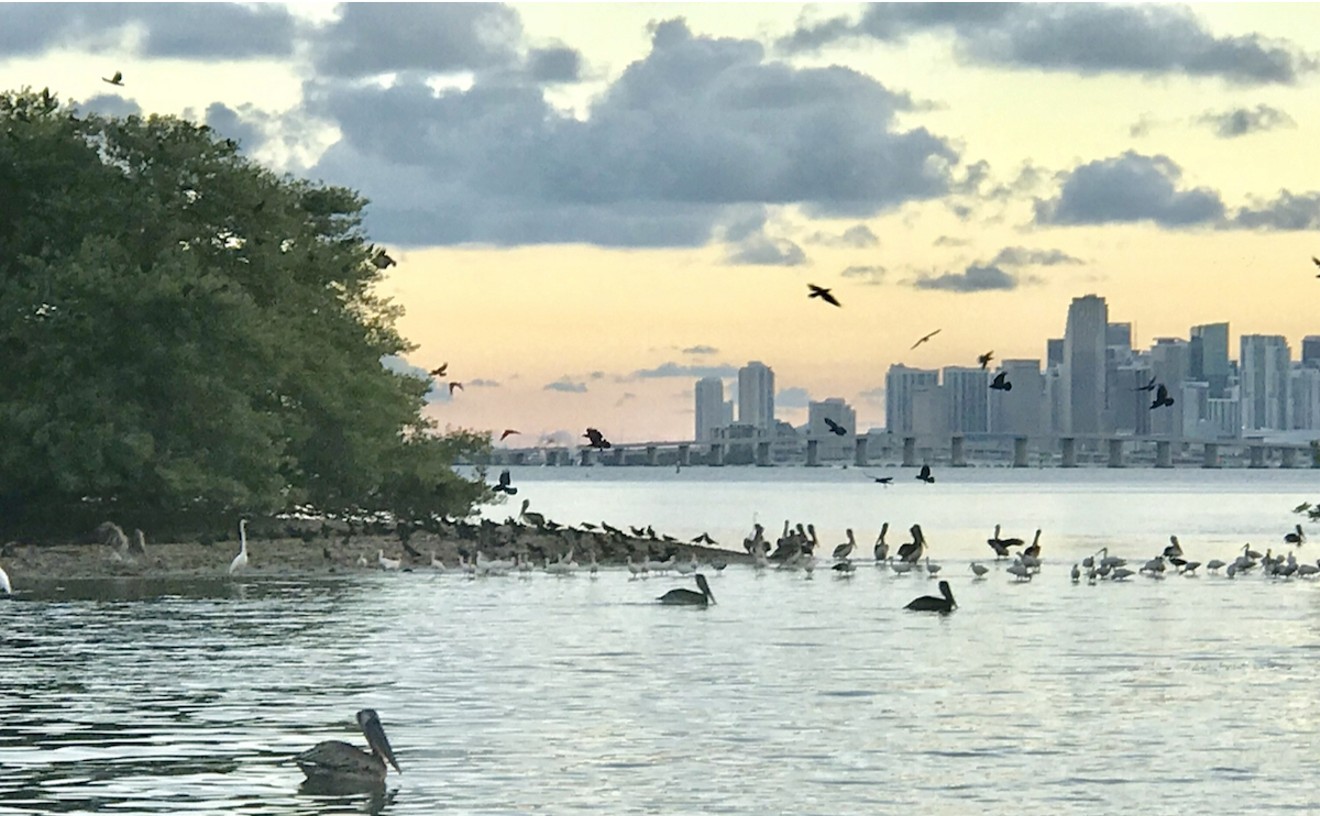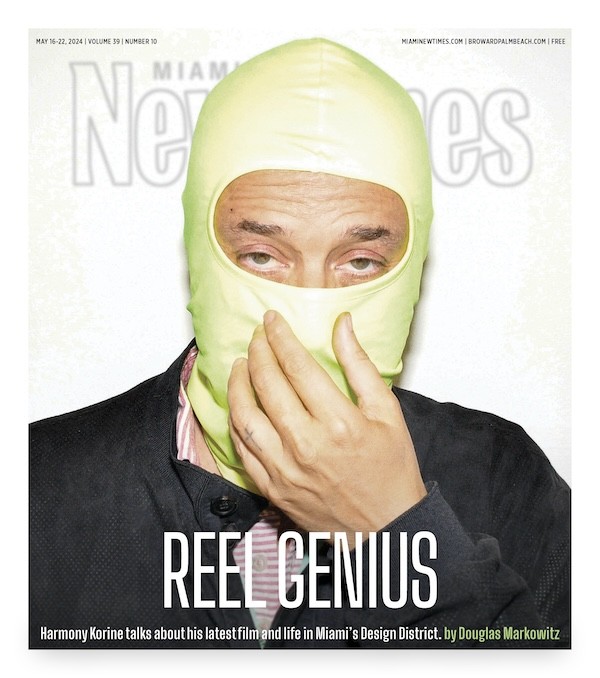Upon first glance, I assumed the crowd lingering on the street was overflowing from the bar, perhaps having a smoke or waiting to get inside. But then I noticed everyone was looking down, their faces lit up with an electric glow. And then I got it: They were here to use the internet.
As you’ve probably heard, Cubans are connecting to the internet these days. In a country known for its isolation from the rest of the world, there are now more mobile phones than landlines and dozens of public Wi-Fi hot spots. On my recent trip to the island, most of the youth I met had Facebook accounts. There’s even a black market for email addresses and internet access cards. In 2015, an average of 150,000 people accessed the internet each day, which is double 2014's numbers, according to a recent interview with Maya Arevich Marín, president of the state telecom provider, ETECSA.
But connecting is still challenging — and pricey. It's pretty much impossible to have i
“The Cuban government wants to have control,” says Álvaro Alba, a historian and journalist at MartiNoticias.com. “And the internet presents a danger, so they want to have control over that too.”
So just how are people getting online? Since 2012, ETECSA has run an increasing number of small internet telepuntos in most cities. Users pay by the minute or hour, but connection speeds on the public computers are notoriously low, and users are invariably accompanied by the government official running the show.
Most notable, the past few months have seen the rise of Wi-Fi hot spots. Last summer, after rejecting an offer from Google to upgrade the country’s internet connectivity, the Cuban government began setting up dozens of the for-a-fee public hot spots around the country. As of this month, ETECSA offers 65 such public Wi-Fi hot spots, with plans to add 80 more during 2016. Wi-Fi is accessible at certain hotels, especially the fancy ones.
The routers for the new hot spots came from Chinese telecom giant Huawei, and each access point can accommodate 50 to 100 users at a time, making them a sort of open-air community gathering place. To get connected, users buy a blue scratch card (featuring, randomly, a woman in a yoga pose) with a 12-digit password to enter when prompted. The cards officially cost $2 per hour but also sell for a markup on the black market and other places, for convenience. At all the hotels around the capitol building, such as the Inglaterra, the cards go for a steep $4.50 to $10 per hour. Considering the average household income is around $20 a month, it's fair to assume that the majority of people are unable to access the i
"Only the most privileged or crafty have been able to get connections," Jonathan M. Katz writes in a fantastic
This new, crafty internet entrepreneur sells ETECSA cards on the street, finagles a homemade “router” at a Wi-Fi hot spot, or sells email addresses, Alba says. “Technological advancement goes fast," he says, "so it’s going to be hard for the government to keep up."
The Cuban people, it's clear, want to be connected.
I tried to enjoy the break from the internet while I was in Havana. But once I saw people getting online outside the Inglaterra, I made a beeline for the hotel’s business center to purchase my own ETECSA scratch card. Given that the hotel was a good 40-minute walk from where I was staying, I knew I probably wouldn't be back again for a few days.
When I got there, the woman at the desk informed me they were closed. “Try again tomorrow,” she said. “We may have i










